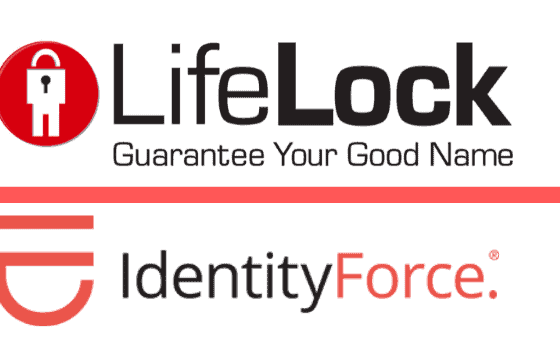Life insurance. It’s pretty boring, right? You sit down with an insurance agent – who you suspect just wants to make a quick sale – and talk about a subject you know nothing about and which you have really no interest in. What you do know, you don’t like – death. Who wants to think about their own death? You know you’re going to die at some point. Why dwell on it? Why? Because life insurance just became your new best friend. That’s why.
You Don’t Have To Die To Use It
You’ve probably heard of term life insurance. Everyone has. You pay "x" amount and receive "x" amount of death benefit in return. That’s a safe play, but it’s also not the only way to buy life insurance. Whole life and universal life insurance offer so much more.
Whole life provides you with a cash reserve, called a "cash value," that builds up in anticipation of that future death benefit. It’s what the insurer will use to pay the death claim. However, during your lifetime, you can actually use that money for any reason you see fit.
If you want to spend all of your cash value, you can. But you can also initiate an endless "borrow and repay" cycle that gives you an endless source of funds for home improvement projects, new vehicles, and even a down payment on a new home (or a vacation home).
When you retire, you can even draw the cash value from the policy to supplement your other retirement income. In some cases, you can even have direct access to the death benefit.
Universal life works similar to whole life in that it builds up a cash value savings during your lifetime. The main difference is that universal life is actually a blend of term insurance and a cash account. Each month, the insurer charges the cash account for the cost of the term policy (after you make a deposit into it via your premium payment).
The policy stays in force as long as there is money in the cash account. No money, no policy. Otherwise, premiums may be increased, decreased, or stopped altogether. As long as you have money in the policy’s cash value account, you’re safe.
It Might Eliminate Your Need For More "Boring" Insurance
Direct access to the death benefit is usually only allowed when you have a chronic, critical, or terminal illness. Yuck. No one wants to think about that, but that’s a fact of life. It happens to the best of us. We get sick. We need long-term nursing home care. But you don’t want to risk wasting your money on a long-term care policy.
This is where a good whole life or universal life policy comes in handy. Most life insurance companies allow you to spend down the death benefit to pay for long-term care needs. In some cases, this can totally eliminate you need to buy an additional insurance policy – saving you money and another appointment with your insurance agent.
It’s Tax-Free
Oh yeah, all of the cash value in the policy can be accessed on a tax-free basis during your lifetime. This is accomplished through the use of preferred policy loans. Don’t let the term "loan" scare you. It’s largely an accounting term in this case. There are no credit checks. As long as you have cash value in your account, you will get a policy loan.
The "preferred" part of the loan means that the insurer will try to match the interest it charges on the loan with the interest being credited to the policy. For example, you take out a policy loan of $10,000. Your insurer must charge you a "fair market rate" on that loan. So, it charges you 8 percent. But it also credits your policy with 8 percent. The effect is you pay a net interest rate of zero percent. Some insurers guarantee you a preferred loan while others imply that you will always (or usually) receive one.





